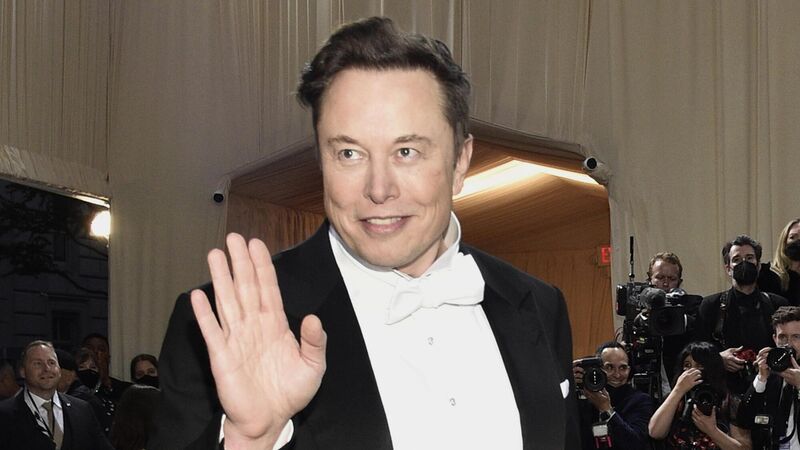Elon Musk's Gatsby attraction tells us all we need to know

In his apparent attraction towards Gatsby, Musk holds a mirror up to himself. Picture: Evan Agostini/Invision/AP
In , narrator Nick Carraway writes of the titular character, his millionaire neighbour Jay Gatsby, that he had an “extraordinary gift for hope”.
Carraway was describing Gatsby's ability to project an image of success, affluence and aspiration onto others. The same could be said of Elon Musk. Though, if you’ve read the novel, you’ll know this description is not the glowing endorsement it may seem at first glance to be.













